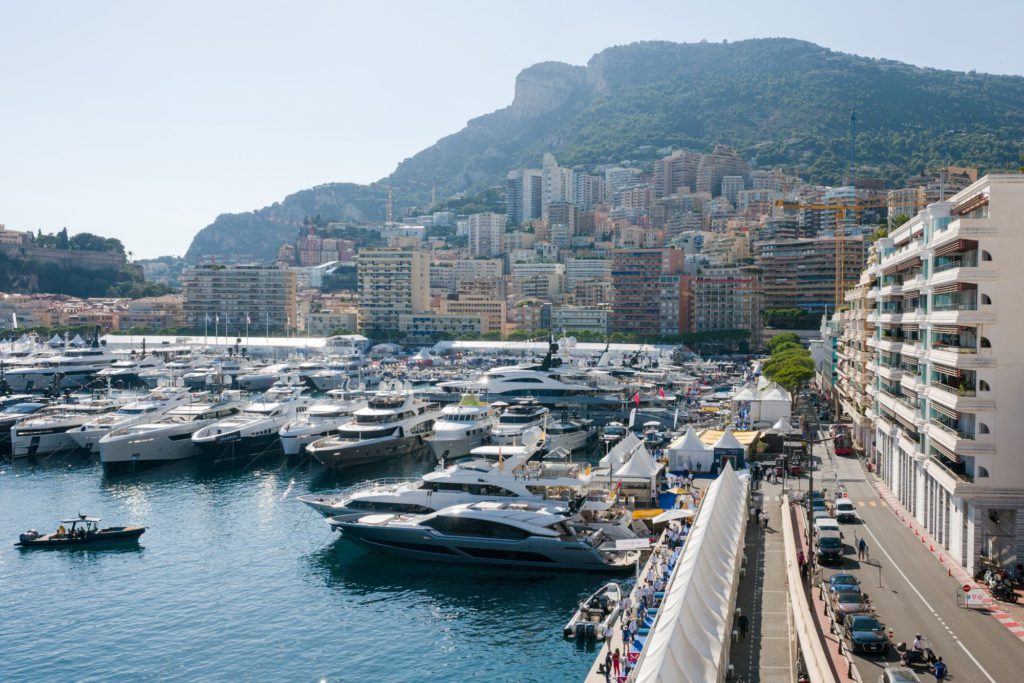When a team of European inspectors visited Monaco last year, they expected to see significant progress on Prince Albert II’s pledge that the Principality would develop a robust program to stop financial crime.
(Bloomberg) — When a team of European inspectors visited Monaco last year, they expected to see significant progress on Prince Albert II’s pledge that the Principality would develop a robust program to stop financial crime.
Instead, they found that ownership databases were largely incomplete, reports on suspicious transactions were filed months late, and authorities lacked the resources or sophistication to tackle the most complex investigations. The findings led the inspectors to give Monaco their worst effectiveness rating for the way it prosecutes money laundering and recovers assets.
“Monaco should step up its efforts to investigate and prosecute money laundering, to confiscate and recover proceeds of crime as well as to strengthen its supervisory system,” the Committee of Experts on the Evaluation of Anti-Money Laundering Measures and the Financing of Terrorism, known as Moneyval, said in a statement accompanying the release of its report on Monday.
While Moneyval’s assessment found some reasons for optimism — the Principality strengthened the way it gathers financial intelligence, and hired new police officers dedicated to these types of crimes — many of the underlying concerns highlighted a decade ago remain.
Overall, examiners described Monaco’s anti-money laundering program as “uneven.” Money laundering investigations and prosecutions “do not appear to be consistent with Monaco’s risk profile, with particular shortcomings relating to complex cases,” Moneyval said in its statement.
Local prosecutors have won just six convictions since 2017, in cases that inspectors described as “simple.” The longest prison sentence was three years and the largest fine €150,000 ($163,090). Authorities rarely seized or confiscated tainted funds. Overall, inspectors found that Monaco “did not have a strategic approach” to tackling money laundering.
Cleaning Up
Prince Albert II made cleaning up Monaco’s financial system a priority when he acceded to the throne in 2005, saying “money and virtue must always be combined.” With Monday’s report, the Principality now has a clear road map. Moneyval asked Monaco to improve its processes in the next two years before reporting back.
Moneyval has conducted several rounds of evaluation of its member countries based on the most up to date recommendations from the Financial Action Task Force, a global money-laundering watchdog know as FATF. Moneyval says the focus has changed in this latest round, with a much greater emphasis on effectiveness rather than how the systems look on paper.
“The Principality is determined to continue implementing Moneyval’s recommendations in order to comply with the strictest international standards,” Pierre Dartout, who heads Monaco’s government, said in a statement following the publication of the Moneyval report. He added that fighting against money laundering and the financing of terrorism “is essential for Monaco in terms of its raison d’être and attractiveness.”
Monday’s negative report is likely to trigger scrutiny from the FATF, which is separate from Moneyval but draws on its work.
The intra-governmental body’s next plenary session is scheduled for the end of February. Persistent failure to improve its anti-money laundering systems could result in the Principality eventually being added to FATF’s “gray” monitoring list, which would likely impact capital flows to Monaco.
‘Prime Target’
Renowned for its warm Mediterranean climate, Monaco draws the rich and the famous to its casinos, towering high-rises and opulent yacht club. With no income or capital gains taxes, the Principality has the world’s highest concentration of millionaire and billionaire residents. Its financial institutions have also done well. They had around €153 billion in securities and deposits at the end of 2021, some 20 times the country’s gross domestic product.
Monaco’s “international profile, particularly through the banking and financial services it offers, makes it a prime target for suspect financial flows,” the Moneyval experts wrote after their on-site visit in 2022.
The experts acknowledged that Monaco “has done a considerable amount of work to identify” the risks to which it’s exposed. The biggest threats stem from the wealth management, real estate and yachting sectors, according to Monaco’s own assessment.
Still, the examiners found important holes in Monaco’s defenses throughout their 300-page report, which evaluated everything from the Principality’s ability to garner financial intelligence to the effectiveness of confiscation of the proceeds of white-collar crimes.
Monaco rejected more than half of the extradition requests by foreign governments, the inspectors found, and there are “major and unusual obstacles” in the way it helps other countries investigate cases with a connection to the Principality.
Key Hub
Even the system for reporting suspicious transactions, a cornerstone of financial investigations, is lagging.
The examiners also found that only a fraction of the entities required to submit such reports, including accountants and lawyers, ever do so. Some reports arrive at Monaco’s watchdog, Service d’Information et de Controle sur les Circuits Financiers, or SICCFIN, 100 days after the suspicious transaction occurred. And reports are sent by post or courier.
Despite these technical limitations, SICCFIN is considered a key hub of financial intelligence. In fact, the European team found it to be such a vital part of the anti-money laundering operation that they called for it to be given greater personnel and IT resources. “However, the authorities do not seem to consult it extensively during their investigations,” the examiners wrote.
Between 2017 and 2021, of the 192 criminal investigations of suspected money laundering, only 19 led to prosecutions, according to the report. Moneyval said the numbers don’t fit with Monaco’s profile.
Now, they’re pushing for a better result.
(Updates with details of the FATF from the 10th paragraph)
More stories like this are available on bloomberg.com
©2023 Bloomberg L.P.










